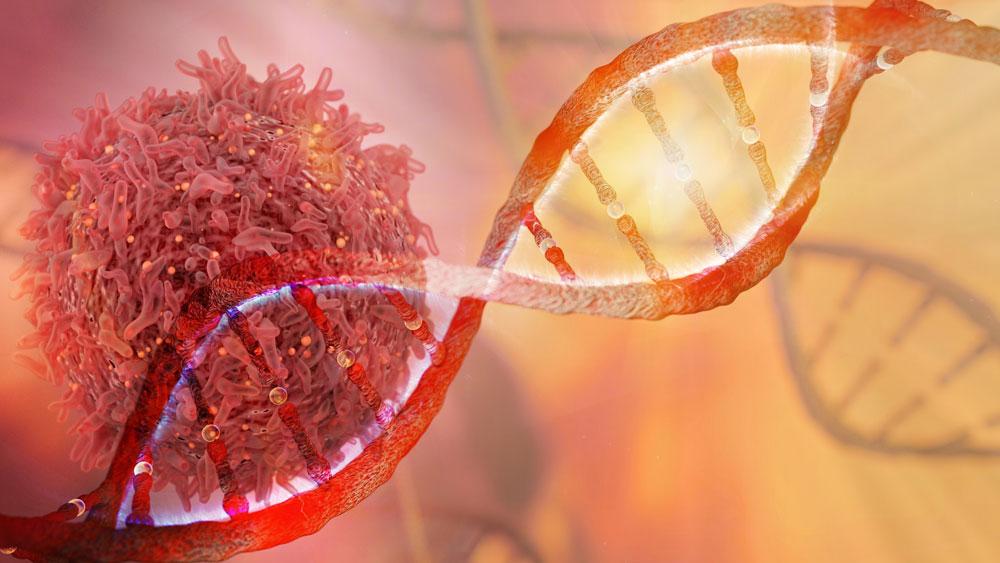A new study, published in Nature Genetics, and funded by the NIHR Research Professorship and Cancer Research UK, has found a new ‘metal detector’ algorithm, PRRDetect, which is able to identify tumours with DNA faults. This has the potential to revolutionise cancer treatment.
Carried out at the University of Cambridge and NIHR Cambridge Biomedical Research Centre, the research involving analysing the full DNA sequence of 4,7775 tumours, using data from Genomics England’s 100,000 Genomes Project. PRRDetect is the algorithm they have built that can identify tumours with DNA defects, known as having post-replicative repair dysfunction.
Tumours with PRRd are more sensitive to immunotherapy, a treatment that uses the body’s immune system to attack cancer cells. Thus, the algorithm enables researches to be able to find patients more likely to respond successfully to immunotherapy.
The study found unusual patterns of insertions or deletions in the DNA sequence with cancers with PRRRd, which were used to develop the algorithm. PRRDetect can identify PRRRd tumours from a full DNA sequence, and bowel, brain, skin, lung and more cancers were used as part of the research.
Professor Serena Nik-Zainal, professor of genomic medicine and bioinformatics at the University of Cambridge, said: “Genomic sequencing is now far faster and cheaper than ever before. We are getting closer to the point where getting your tumour sequenced will be as routine as a scan or blood test. To use genomics most effectively in the clinic, we need tools which give us meaningful information about how a person’s tumour might respond to treatment. This is especially important in cancers where survival is poorer, like lung cancer and brain tumours.
“Cancers with faulty DNA repair are more likely to be treated successfully. PRRDetect helps us better identify those cancers and, as we sequence more and more cancers routinely in the clinic, it could ultimately help doctors better tailor treatments to individual patients.”

